Introduction
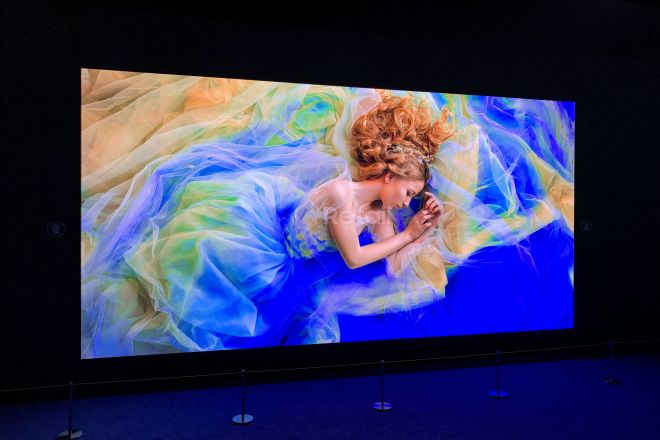
In the wave of the information age, LED display, as an efficient and intuitive display tool, is widely used in business, education, entertainment, sports, and other fields.
However, in the face of a wide range of LED display products and suppliers in the market, choosing a suitable supplier and ensuring the purchase of LED display screens with stable performance and reliable quality has become the primary problem for many consumers and enterprises.
Choosing a suitable LED display supplier is not only related to the quality and performance of the product but also to after-sales service, technical support, and the establishment of long-term cooperation.
Therefore, in the process of selecting suppliers, we need to consider comprehensively to ensure that our choice not only meets the actual needs but also brings long-term cooperation value.
1. Understand the qualifications and reputation of suppliers
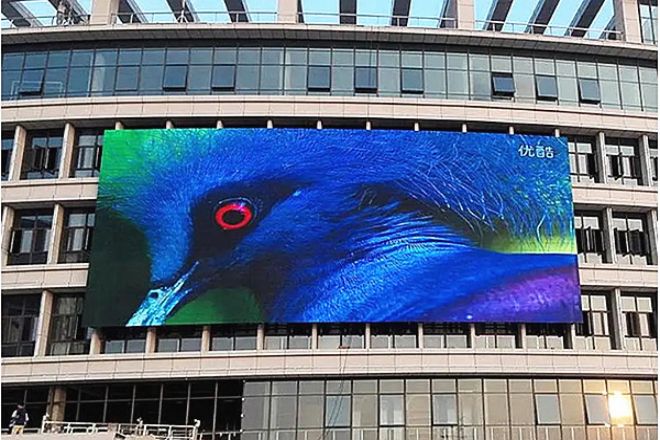
Understanding the qualifications and reputation of suppliers is essential for purchasing LED displays, which is easy to understand even for people who don’t know much about the industry.
First of all, imagine that if you want to buy a car, you will check the qualifications and reputation of the car manufacturer, such as whether it is a legally registered company, what its product quality is, and what the customer evaluation is. This is because a reliable manufacturer can ensure that you buy a safe and high-performing car rather than a low-quality product that may have potential safety hazards.
Similarly, when buying an LED display, knowing the qualifications and reputation of the supplier also ensures that you buy high-quality, stable, and reliable products.
In terms of qualification, suppliers need to have relevant business licenses, tax registration certificates, etc., just like the production licenses of automobile manufacturers, which are proof of legal operation.
At the same time, the certification of suppliers in the industry is also very important, such as ISO9001 quality management system certification, which is like automobile manufacturers passing strict quality management system audits, which can ensure the quality and stability of products.
Reputation involves the reputation and customer evaluation of suppliers in the industry. It’s like choosing a restaurant through a friend’s recommendation or online evaluation, and the supplier’s reputation also represents their service quality and customer satisfaction.
If suppliers have a good reputation and customer reviews, they are more likely to provide high-quality services and reliable products.
Therefore, even if you don’t know much about the LED display industry, you can understand why you need to understand the qualifications and reputation of suppliers.
This can not only help you select reliable partners but also ensure that the LED display you buy can meet your needs and be stable and reliable in the process of use. Therefore, before buying an LED display, you must take some time to understand the qualifications and reputation of the supplier!
2. Evaluate the product quality of suppliers
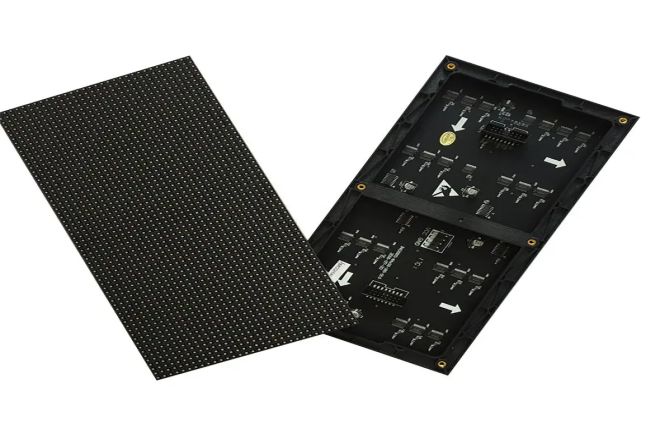
The product quality is directly related to the effectiveness, stability, and life of the display screen. Therefore, you need to comprehensively evaluate the supplier’s product quality from multiple dimensions.
First of all, it is necessary to clarify the standards for product quality. This includes requirements for performance, reliability, durability, and safety. According to these standards, we can formulate specific evaluation indicators, such as failure rate, service life, display effect, etc.
Secondly, the LED display sample module provided by the supplier is required for testing. Through sample testing, you can directly observe the appearance and feel of the product and detect its performance through actual operation. During the testing process, you can pay attention to key indicators, such as product response time, color reduction, brightness uniformity, etc., to ensure that the product meets our quality standards.
At the same time, it is also very important to understand the quality management system of suppliers. A perfect quality management system can ensure that suppliers have strict standards and processes in raw material procurement, production and processing, quality inspection, and other links.
We can ask suppliers whether they have passed ISO9001 and other quality management system certifications and consult their quality management systems and documents to evaluate their quality management levels.
In addition, examining the historical performance of suppliers and customer feedback is also an effective way to evaluate product quality. By understanding the supplier’s past product performance and customer evaluation, we can more intuitively understand the stability and reliability of the product quality of its products.
Finally, during the evaluation process, you can also consider introducing a third-party certification body for product quality testing.
Third-party certification institutions usually have professional testing equipment and qualifications, which can provide more objective and accurate test results and provide strong support for our procurement decisions.
3. Consider the supplier's after-sales service
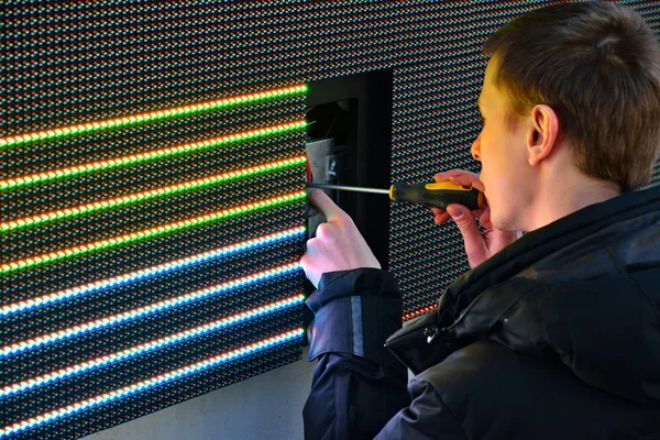
When we consider buying LED displays, in addition to paying attention to the quality and price of products, after-sales service is also a very important factor.
After-sales service is like buying “insurance” for the display screen so that when we encounter problems in the process of use, someone can help us solve them in time.
First of all, we need to see what the after-sales service provided by the supplier includes. For example, what if the display screen is broken? Will the supplier repair it for free? How long does it take to repair?
These are all things we need to know. A good supplier will give us a long warranty period and respond rapidly when we encounter problems.
Secondly, we can take a look at the evaluation of other customers on the after-sales service of suppliers. It’s like we will look at the comments of other buyers before shopping online. If most customers say that the supplier’s after-sales service is very good, then we are more confident about choosing.
In addition, we can see if the supplier has a professional technical support team. In this way, when we encounter problems that we don’t understand, someone can provide professional guidance and advice to help us better use the display screen.
Finally, in order to ensure our safety, we can sign an after-sales service agreement with the supplier. This agreement is like a contract, which clearly stipulates the rights and obligations of both parties so that we can be more secure when purchasing and using the display.
4. Compare the quotation and cost performance of suppliers
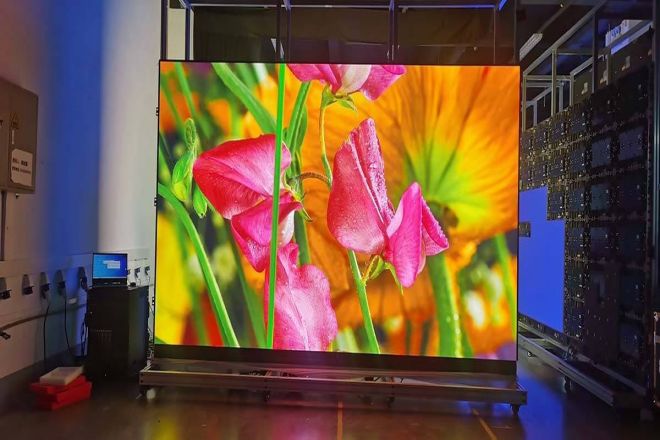
Comparing the quotation and cost performance of LED display suppliers is a comprehensive process involving the consideration of multiple factors. Here are some key steps and considerations to help you make a preliminary comparison without knowing your expertise.
First of all, collect quotations from different suppliers. This can be obtained by asking suppliers for quotations, participating in industry exhibitions, or searching online. When collecting quotations, be sure to ensure that the product specifications, performance, and quality requirements of the comparison are consistent so that a fair comparison can be made.
Secondly, understand the composition of the quotation. The supplier’s quotation usually includes product costs, transportation costs, taxes, and possible after-sales service costs. Understanding the composition of these costs will help you evaluate the reasonableness of the quotation more comprehensively.
Next, it is more cost-effective. Cost performance is a relative concept that involves the performance, quality, price, and other aspects of the product. When comparing cost performance, you can consider the following aspects:
Performance-price ratio: Compare the ratio between product performance and price of different suppliers. Products with superior performance and reasonable prices often have high-cost performance.
Quality stability: Understand the product quality stability and reliability of suppliers. Products with stable quality can reduce failure rates and maintenance costs during use, thus improving cost performance.
After-sales service and support: consider the after-sales service quality and support of suppliers. Good after-sales service can reduce the risk during use and improve cost performance.
Finally, consider other factors comprehensively. In addition to price, performance, and quality, you can also consider the supplier’s reputation, production scale, delivery cycle, and other factors.
Although these factors are not a direct measure of cost performance, they have an important impact on your procurement decisions and follow-up cooperation.
It should be noted that the comparison of cost performance is not an overnight process. It requires you to patiently collect information, compare and analyze, and make decisions based on the actual situation.
If you are not familiar with the LED display industry, you can consult experts or consultants for more professional advice and help.
5. Field visits and communication
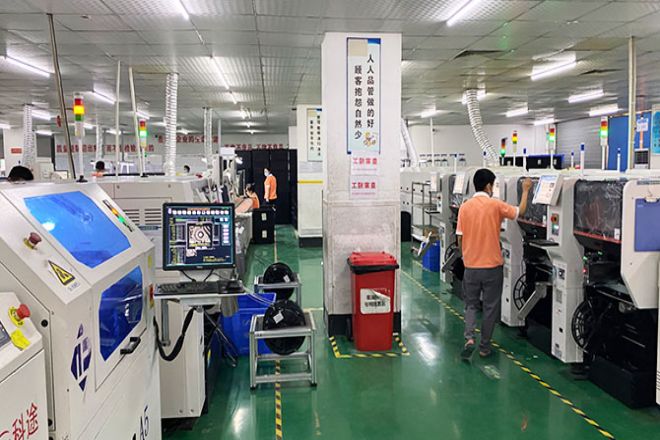
Field visits and communication can not only give you a more intuitive understanding of the supplier’s production environment, equipment status, and technical level but also a deeper understanding of its corporate culture, service concept, and willingness to cooperate through face-to-face communication.
During the field inspection, we should first pay attention to the supplier’s production workshop. It depends on whether the equipment is advanced, whether the production line is smooth, and whether the employees are proficient in operation.
At the same time, you can observe the product’s production process to see if it meets the industry standards and your own needs. In addition, you can also learn the source of raw materials from suppliers to ensure the reliable quality of the raw materials they use.
In terms of communication, you should first clarify your needs and expectations, including product specifications, performance requirements, delivery period, etc., so that suppliers can understand your needs more accurately.
At the same time, you can also ask for the supplier’s technical support, after-sales service, and other specific information to see if it can provide timely and professional services.
In addition, the process of communication is also a good opportunity to understand the supplier’s corporate culture and service concept. You can ask the supplier’s business philosophy, values, etc., to see if it is in line with your corporate culture.
At the same time, we can also understand the importance that suppliers attach to customers and see if they can really think from the perspective of customers.
Finally, don’t forget the specific details of the negotiation and cooperation with the supplier. This includes price, payment method, delivery method, etc., to ensure that the two sides can reach a consensus in the process of cooperation and avoid unnecessary disputes in the future.
Conclusion
Now, do you know how to choose an LED display supplier?
In addition, BIBILED is also an excellent LED display supplier with 10 years of experience in foreign export trade. If you are interested, please get in touch with us.
